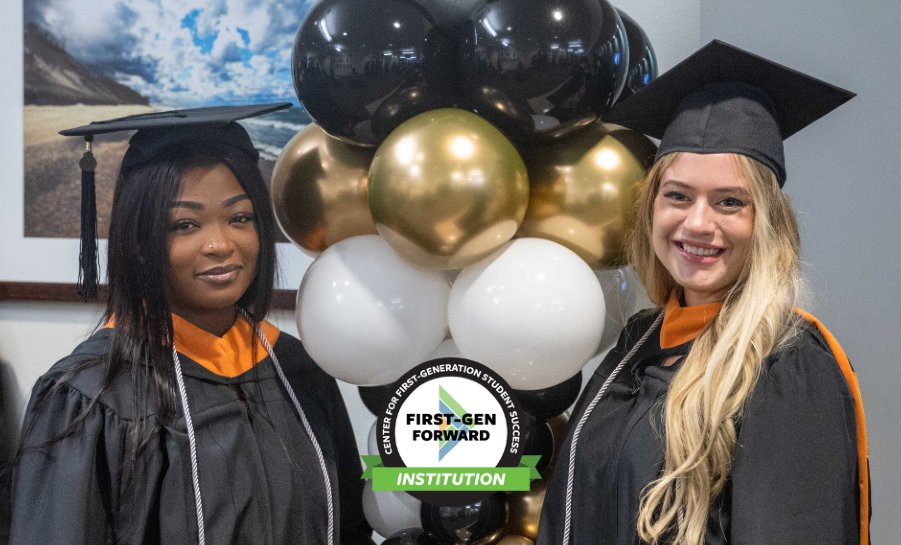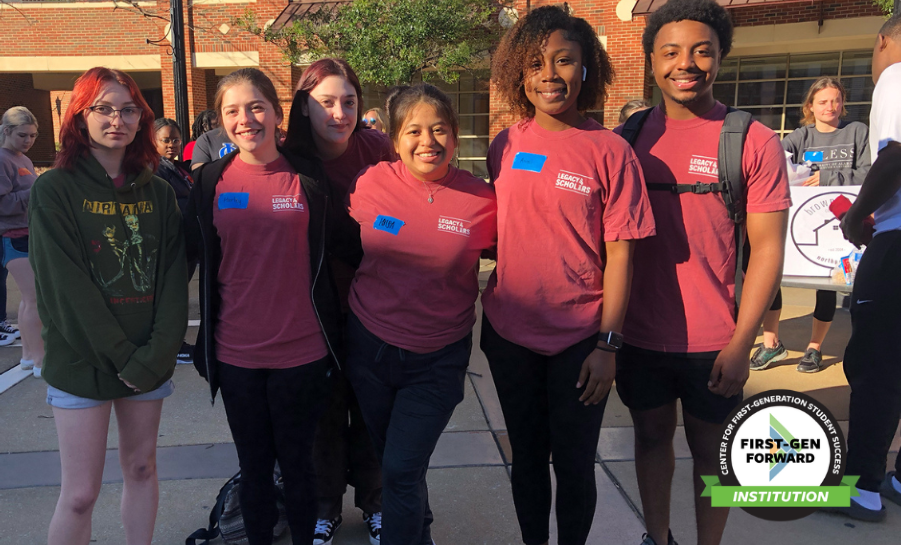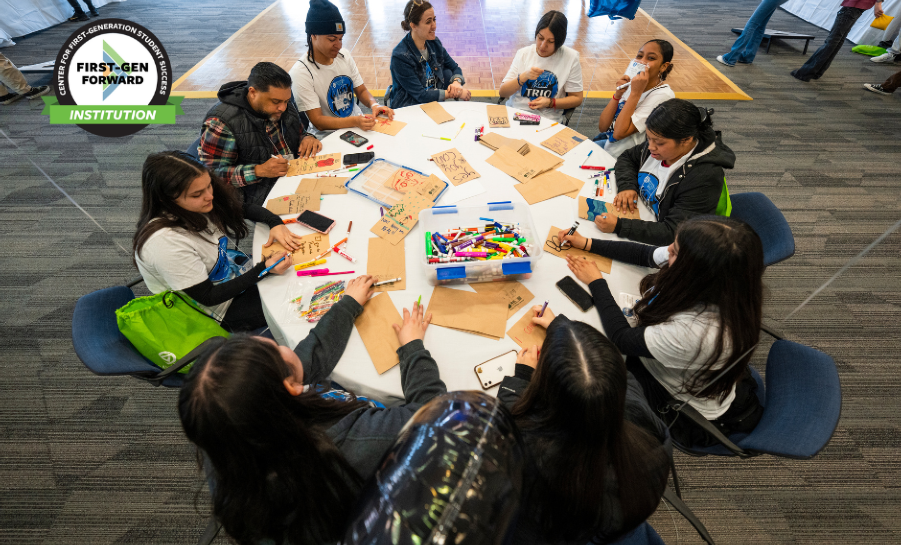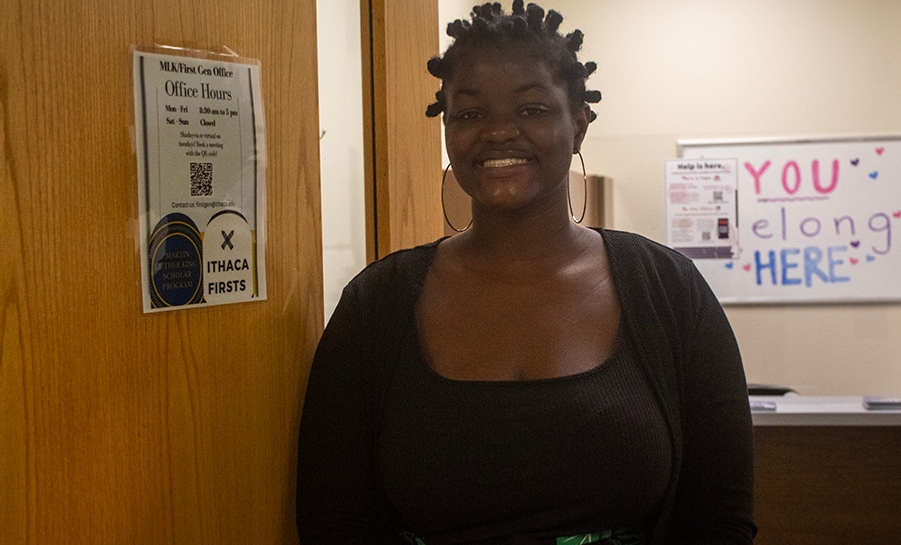First-Gen Students’ View of Academic Success: 3 Things to Know
Nadia Eslinger, University of Central Arkansas / FirstGen Forward / April 02, 2024
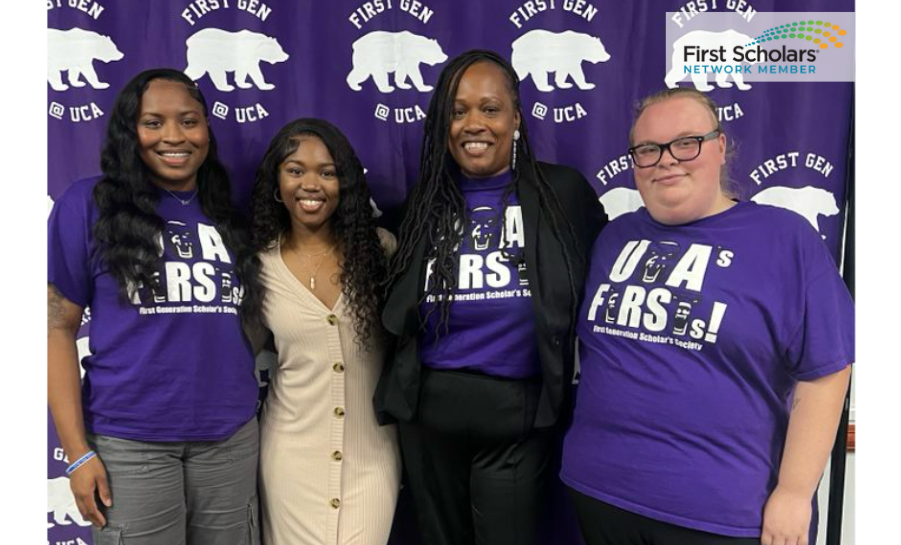
Embarking on the journey of higher education is a monumental milestone for any student. For first-year, first-generation college students, the experience is often a blend of excitement, challenge, and the pursuit of a dream. To better understand how first-generation students perceive academic success, Dr. Nadia Eslinger, Director of the BEAR Life program at the University of Central Arkansas (UCA), conducted a qualitative research study in the Spring of 2023. After interviewing 10 first-year, first-generation students, she found first-gen students 1) measure success through the lens of effort, 2) place limited value on conventional academic success resources, and 3) prioritize a sense of belonging within their institutions on both social and emotional fronts.
1. Success through the perspective of effort
First-gen students measure success not solely by grades but by the dedication and hard work they put into their studies. Each assignment completed, every hour spent in the library, and the perseverance to overcome obstacles all contribute to their sense of accomplishment. This perspective underscores the importance of recognizing these students' determination and resilience in their academic pursuits.
Recommendation #1: Find alternative ways to celebrate accomplishments.
Celebrate student success semesterly or annually, in addition to GPA-based accomplishments such as the Dean’s list. At UCA, faculty, staff, and students can give “Kudos” to students via Navigate, our Student Success Management System. Recognizing accomplishments such as no absences, improved test scores, and asking or answering a question in class will show students that we also recognize their efforts as success. In the BEAR Life program at UCA, students are also celebrated for clocking study hours above their requirements.
2. Little importance of traditional academic achievement resources
Unlike many of their continuing-generation counterparts, first-generation students may not have been exposed to academic success tactics that are frequently included in college readiness programs. Even though time management and study skills are helpful, these students frequently rely on their ingenuity and perseverance to get through the challenges of college life. These students sometimes feel that they do not need campus resources such as tutoring, coaching, or mentoring and may see these services as showing signs of weakness or exposing them as imposters.
Recommendation #2: Make academic resources a natural part of their collegiate experience.
Embed these resources into their course materials and expectations. For example, in first-year writing courses, students should be required to use the writing center before submitting a paper, or in First-Year Seminar courses, students may be required to attend an Academic Success Workshop or meet with a Success Coach.
3. Social and emotional feeling of belonging within their institutions
Beyond the classroom, the quest for success extends into the social and emotional realms for first-generation college students and is a crucial aspect of their overall well-being. From forming connections with peers to seeking out support networks, these students prioritize creating a space where they feel understood, valued, and part of something larger than themselves.
Recommendation #3: Provide opportunities for students to provide feedback regarding their feelings of belonging.
A sense of belonging is the responsibility of the institution rather than the individual student. To help students feel like they belong, faculty and staff should be informed about strategies for inviting students into a supportive, inclusive environment. To that end, UCA's Center for Excellence in Academic Leadership has provided just-in-time and ongoing training and professional development opportunities for faculty to learn more about how to reach and teach students who have been historically marginalized and underrepresented.
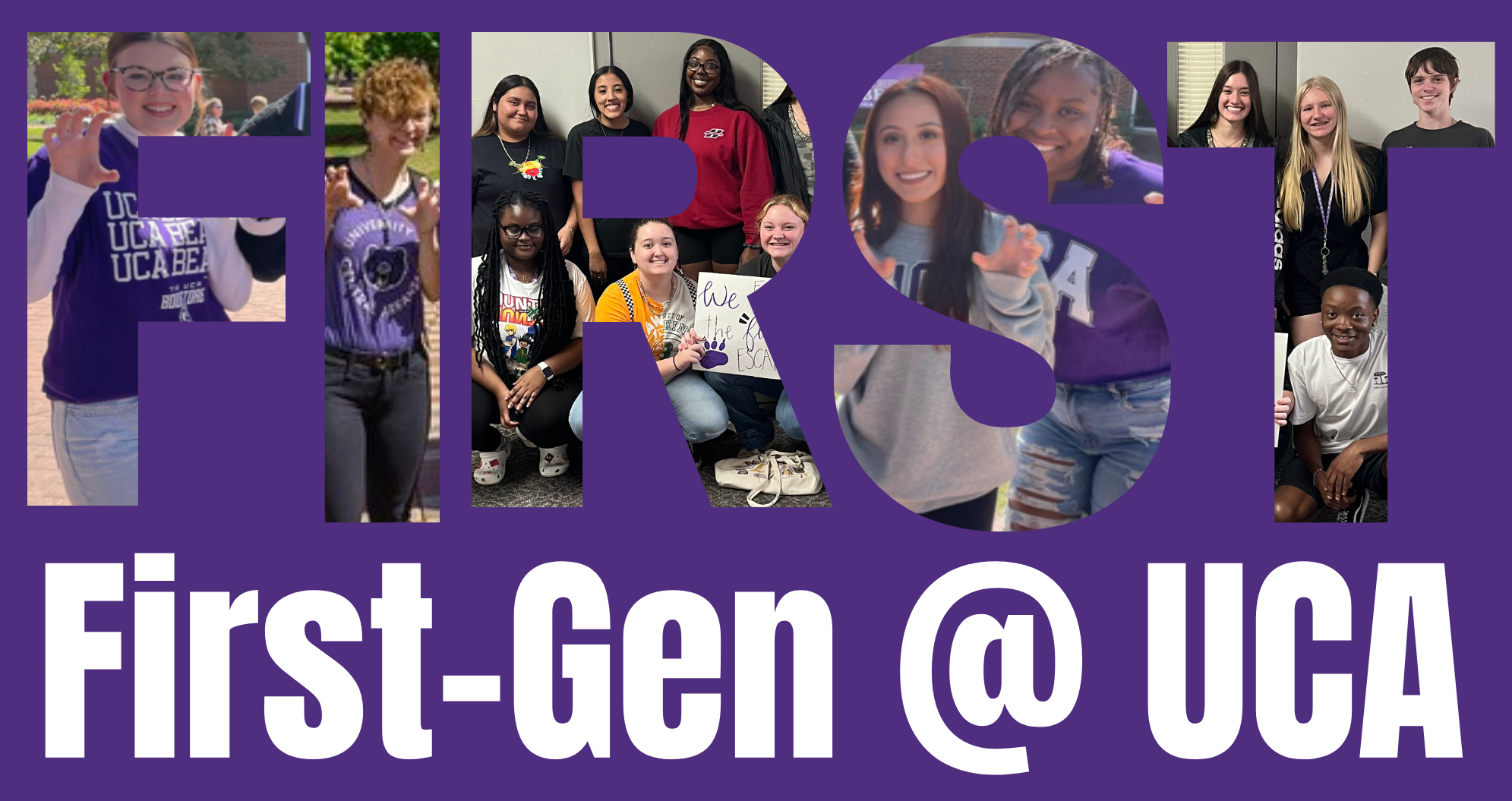
First-generation students have a great deal of self-reliance. They are charted to complete a task no one else in their family has achieved. Understanding that first-generation students prioritize a social and emotional feeling of belonging within their institutions, view success through the perspective of effort, and place little importance on traditional academic achievement resources provides an opportunity for universities to create and implement unique approaches to better serve these students. Our roles are to capitalize on that by helping them integrate support without taking away their sense of accomplishment of being resilient and doing things independently.
